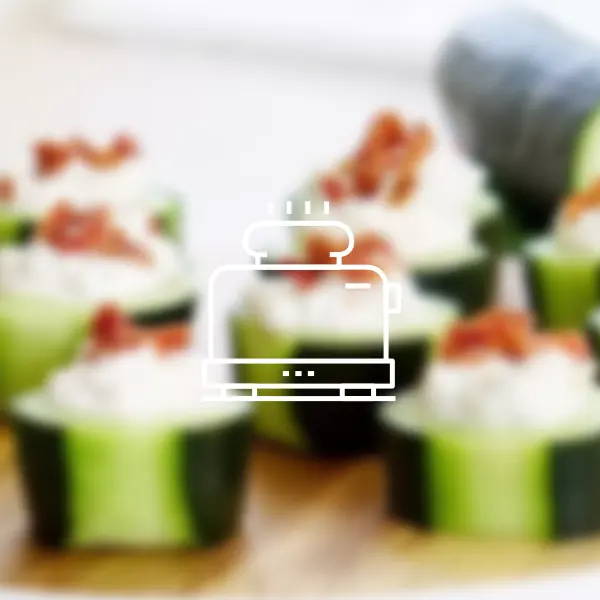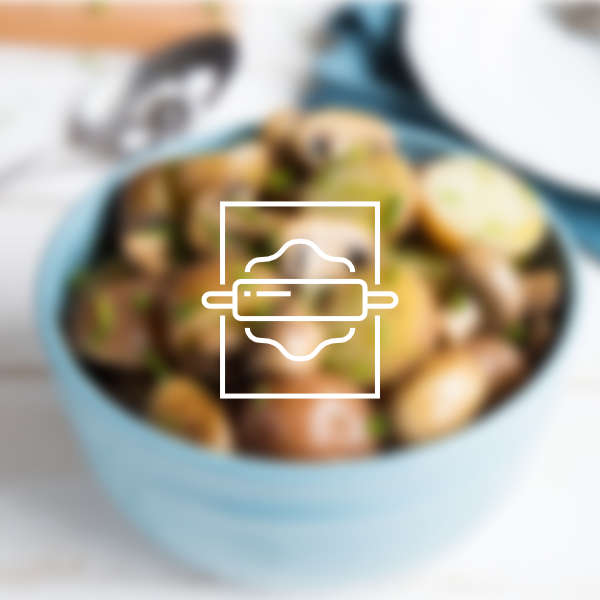Japanese cookie/3 recipes
by ingredients, cooking time, nutrition facts, collections
6,304 JAPANESE COOKIE/3 recipes

Double Chocolate Refrigerator Cookies recipe

Candy Shop Cookie Pizza recipe
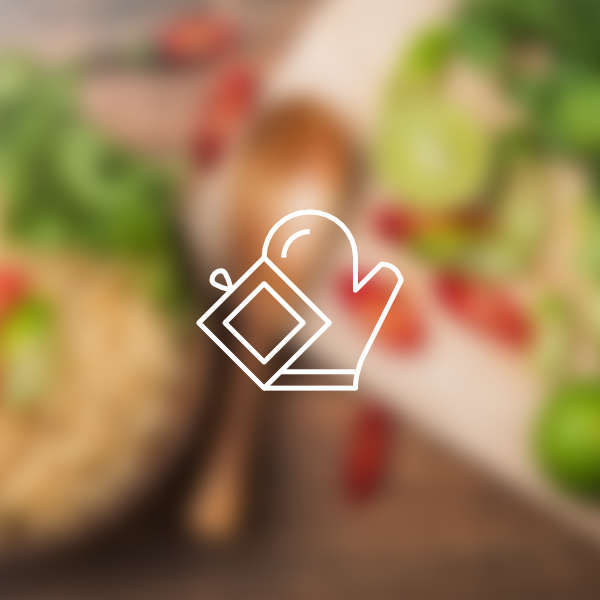
Candy Shop Cookie Pizza recipe

This is a classic Japanese dish, first made famous by the chef Nobu Matsuhisa and served in all his Nobu restaurants. Serve with steamed spinach and brown /black rice or quinoa for a simple, but delicious dinner.
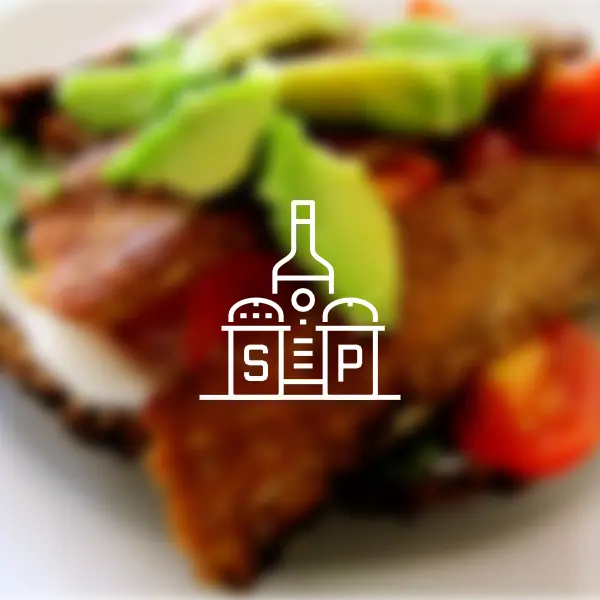
A creamy dessert combining coconut, dragon fruit and cashew nuts. Dragon fruit is a rich source of antioxidants and fibre, cashews deliver heart-protective monosaturated fats, while the fat contained in coconut meat has been shown to exhibit anti-microbial, antibacterial and antifungal properties. Coconuts also contain lauric acid (found most abundantly in mothers’ milk) which is an important immune system booster. Despite its bad reputation, coconut oil is one of the healthiest oils available.
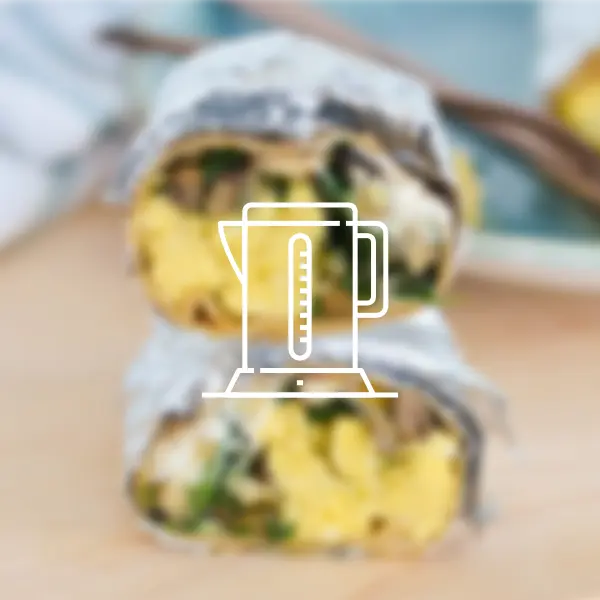
Tataki is a typical Japanese preparation in which beef (or fish) is seared on the outside, left very rare inside, thinly sliced and served with a citrusy soy sauce. This recipe delivers the citrus flavour from ponzu with a hint of heat from chilli and wasabi.

You can use any type of wholegrain rice you like - but try to stick to non-white. There are many wonderful whole grain rice varieties that would work well in this dish - brown rice, red rice, or black rice.
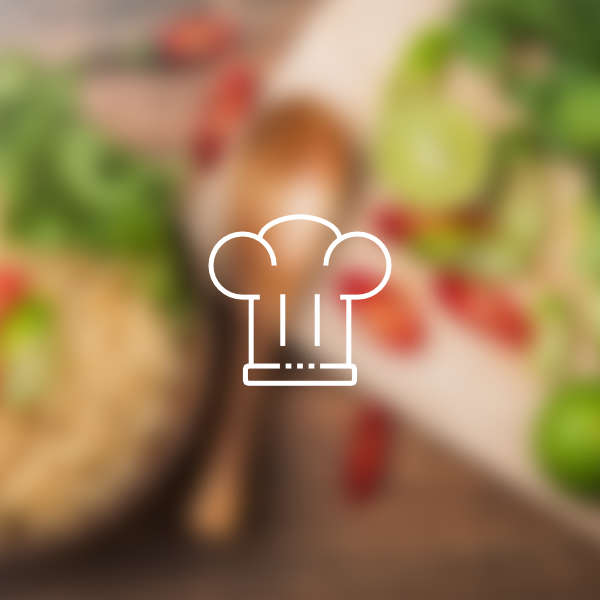
Eggs are high in protein and contain all the essential amino acids needed for growth and repair. In addition, they contain vitamin A, omega-3 fatty acids and vitamin E. However, not all eggs are created equal: tests have confirmed that free range eggs (from hens that were allowed to roam free and were not kept in cages) are nutritionally superior and much less likely to be contaminated with disease-causing bacteria such as salmonella. They also taste better, so whenever possible always choose free range eggs.


